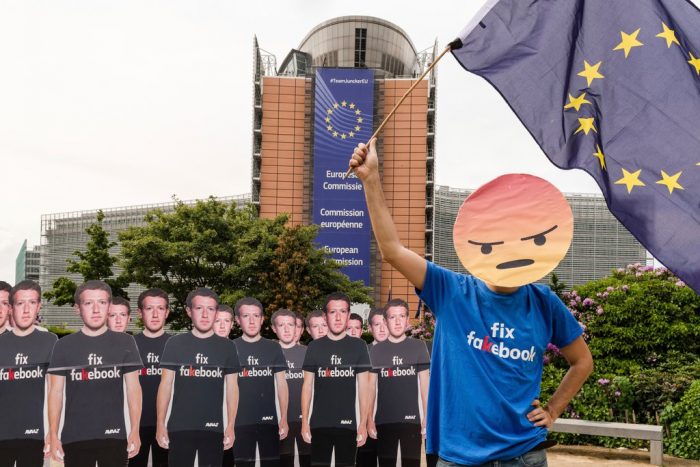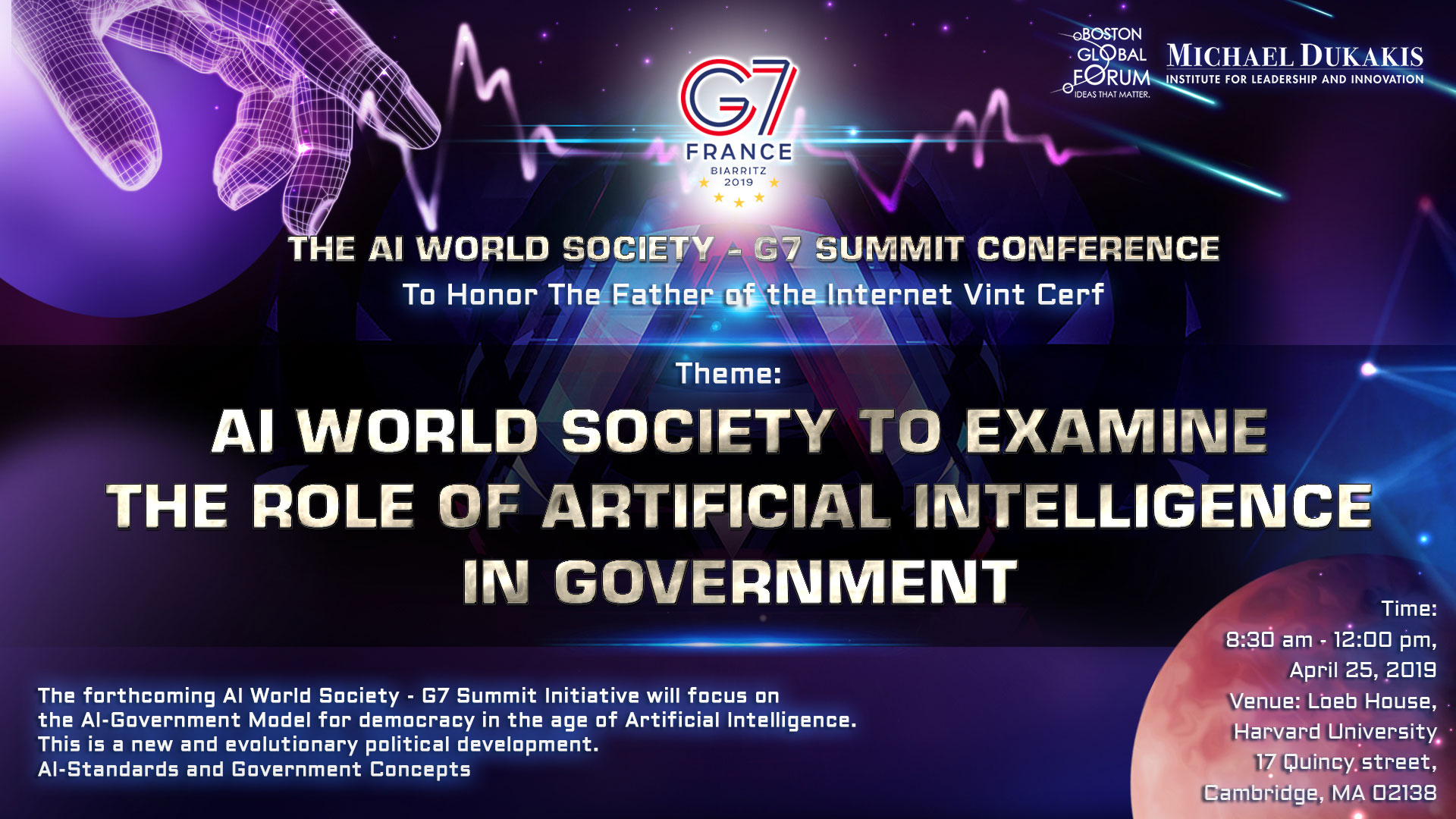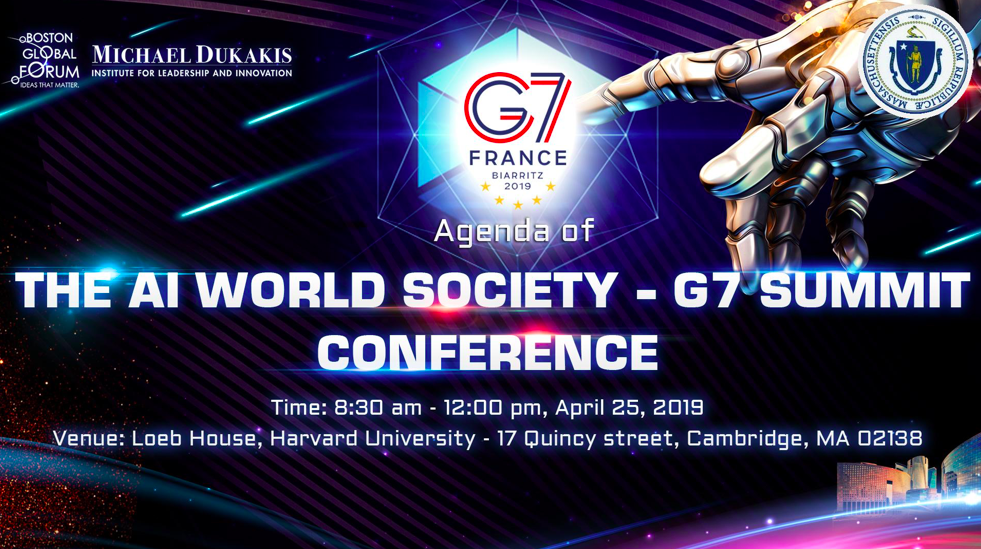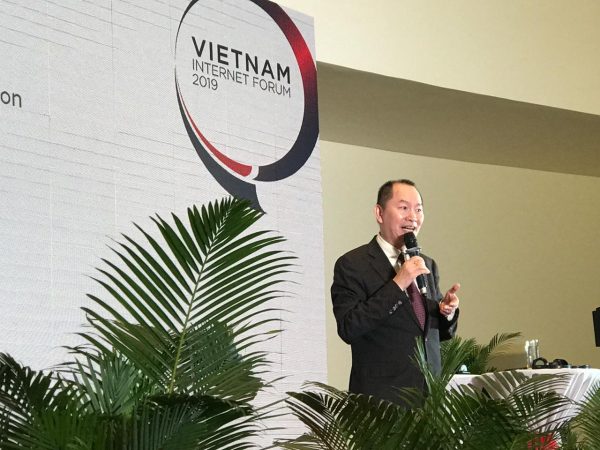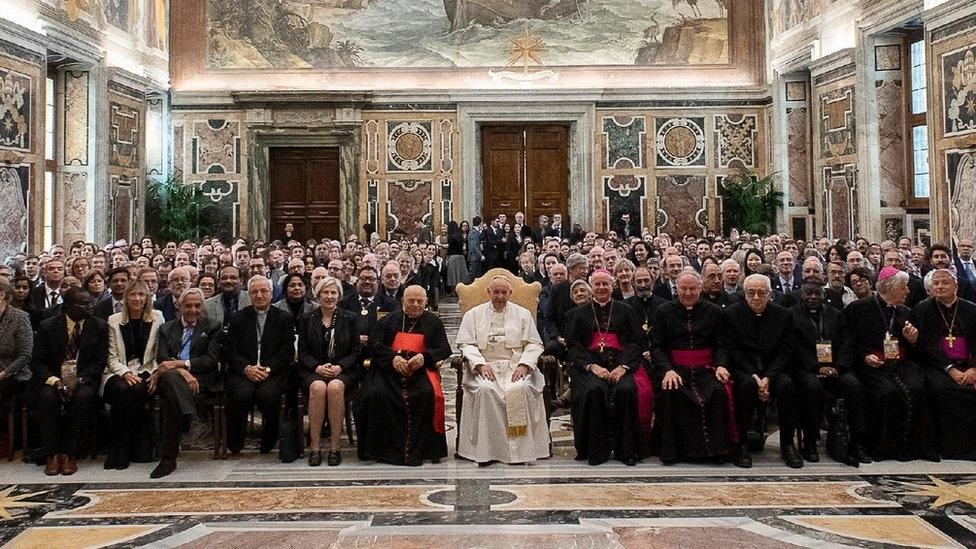Artificial Intelligence World Society
Mission
The mission of AIWS is to develop recommendations for the development and implementation of AI in ways that promote the public interest. This includes:
- Develop an ethical framework for the use of AI.
- Create a new social contract in the AI Age.
- Establish concepts and principles for the 7-layer AIWS.
- Innovate technical protocols to enhance cybersecurity and protect privacy.
- Building AI-Government, the AIWS City, and AI Initiatives in Politics and Society.
Foundation
The AI World Society Innovation Network (AIWS.net) is established by former Massachusetts Governor Michael Dukakis, Internet pioneer Nguyen Anh Tuan, M.I.T. professors Nazli Choucri and Alex Sandy Pentland, Harvard professors Thomas Patterson and David Silbersweig, and Northeastern University professor Christo Wilson.
This effort is sponsored by the Boston Global Forum, Michael Dukakis Institute, the Government of Massachusetts, and MIT and mentored by distinguished thinkers as father of Internet Vint Cerf, father of Bayesian networks Judea Pearl, father of soft power theory Joseph Nye, and from former presidents and prime ministers who are members of the World Leadership Alliance-Club de Madrid.
AIWS will identify, publish and promote principles for the virtuous application of AI, while AIWS.net will develop apps, solutions consistent with these principles for use in politics, governments, healthcare, education, transportation, national security, and other areas.
AIWS.net is constructed on four pillars:
1. Connecting
AIWS.net connects with political leaders, policymakers, governments of more than 50 countries include G7, Russia, India etc., international organizations as United Nations, OECD, World Leadership Alliance-Club de Madrid, and distinguished thinkers, innovators, research centers from leading universities as Harvard, MIT, Yale, Princeton, Columbia, Brown, Carnegie Mellon, Stanford, Berkeley, UCLA, Brandeis, University of Pennsylvania, Oxford, Cambridge etc. Through AIWS.net leaders, and distinguished thinkers will together discuss, create initiatives, solutions, applications, and practice them to build a better world with AI.
2. Monitoring and Judging:
AIWS.net will monitor AI developments and uses by governments, corporations, and non-profit organizations to assess whether they comply with the norms and standards codified in the AIWS Social Contract 2020. Noncompliant actors will be identified and publicized through fact-based reports.
3. Principles and Solutions:
Principles of AI-Governments, AI-Citizens, AIWS Social Contract 2020, AIWS City and principles of applied AI in politics, governments, education, healthcare, transportation, national security and create solutions to practicing these principles.
Assisting the United Nations in its UN 2045 Centenary Project, including preparation of a volume of forward- looking essays (curated by Mr. Nguyen Anh Tuan) on technological change.
Together with principles of AIWS, the Social Contract 2020, AIWS.net created the section Modern Causal Inference (MCI) to introduce and encourage applied Causal Inference and AI in politics, governments, healthcare, and economy. Professor Judea Pearl, UCLA, Turing Award, World Leader in AIWS Award, lead MCI section.
4. The History of Artificial Intelligence (HAI)
Historical events, achievements, and figures in AI: The AI Chronicle updated monthly, and The History of AI House, both online and physical at Novaworld Phan Thiet, Vietnam.
The HAI Board is chaired by Governor Michael Dukakis, with Professor Nazli Choucri (MIT), Professor Caroline Jones (MIT), Prime Minister Zlatko Lagumdzija, Bosnia and Herzegovina, Historian Chien Minh Le, President of Dalat University, Professor Ole Molvig (Vanderbilt University), Tuan Anh Nguyen (Michael Dukakis Institute), Professor Thomas Patterson (Harvard University), Professor Judea Pearl (UCLA), Professor Alex Pentland (MIT), Marc Rotenberg (Michael Dukakis Institute), Professor David Silbersweig (Harvard University), and President Vaira Vike-Freiberga, Latvia, Dr. Lorraine Kisselburgh (Chair of ACM’s Global Technology Policy Council), Professor Randall Davis (Associate Director of MIT’s Artificial Intelligence Laboratory (1993-1998)), and Professor Caroline A. Jones (MIT) as members.
AIWS NEWS
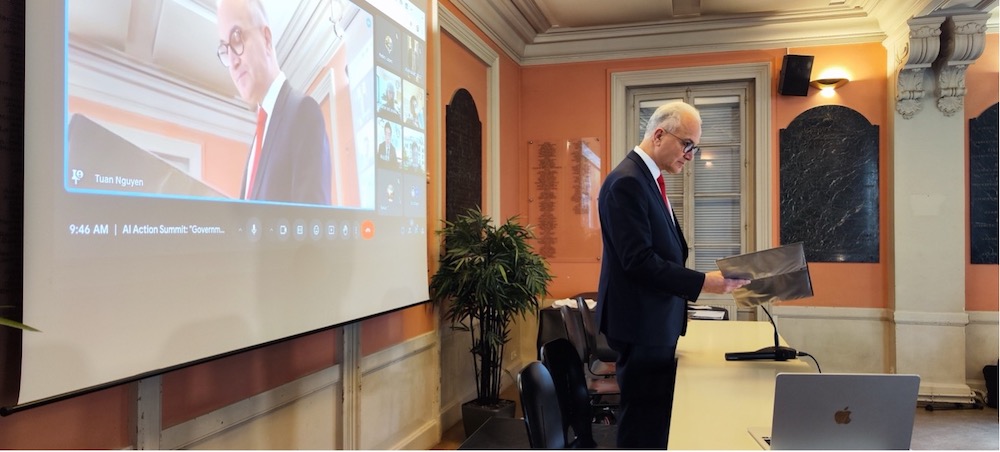
Outcompeting China Starts Here: How Southeast Asia Strengthens US Supply Chains and Global Influence
By Hon. Mark Kennedy In this strategic policy piece, Hon. Mark Kennedy underscores Southeast Asia’s growing importance as a linchpin in the global competition for technological leadership and supply chain resilience. He argues that countries like Vietnam, Malaysia,...
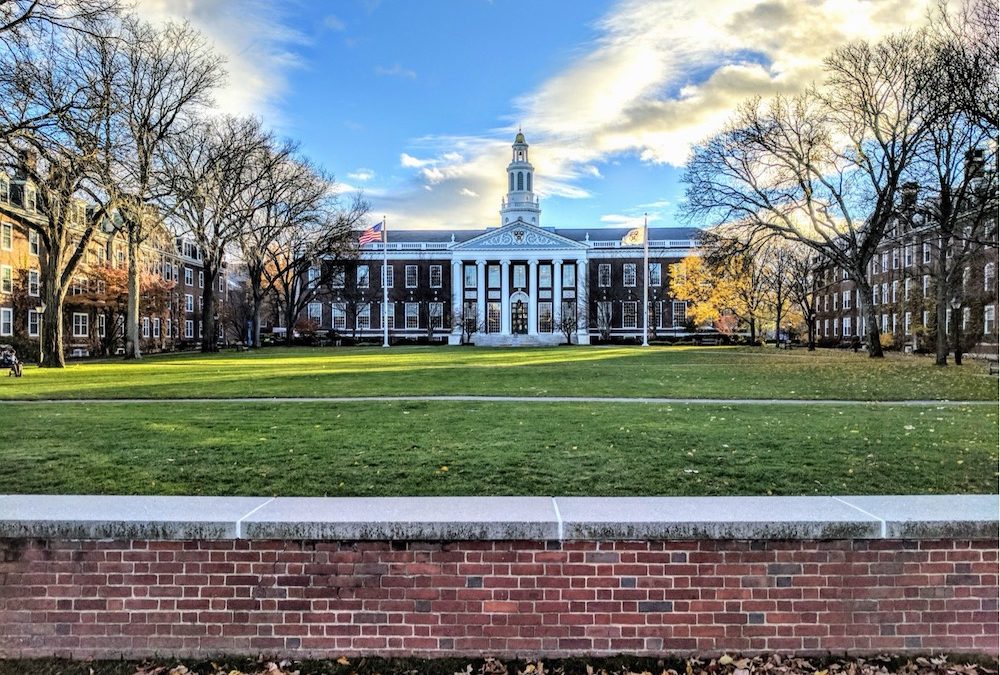
BGF Conference April 22, 2025: Boston Financial Accord for Governance 24/7
BGF Conference: Boston Finance Accord for AI Governance 24/7 Date: Tuesday, April 22, 2025 Venue: Harvard University Loeb House, Cambridge, MA Time: 8:00 AM – 12:00 PM EDT The Boston Global Forum (BGF), founded in 2012 by Michael Dukakis, Nguyen Anh Tuan, Thomas...
Statement of Prime Minister Shinzo Abe, April 1, 2019 On the New Era Name “Reiwa”
On May 1, His Imperial Highness the Crown Prince will accede to the Imperial throne, and this new era name will be used from that day forward. I ask for the understanding and cooperation of the people on this. The government is taking all possible measures to prepare...
A.I. and Privacy Concerns Get White House to Embrace Global Cooperation
The success of AI depends on training data, whose process of collection may violate the end-users' privacy if not done the right way. Privacy, therefore, should be one of the very first considerations when it comes to regulation of AI. The New York Times recently...
To Honor The Fathers of The Internet Vinton Cerf at AI World Society – G7 Summit Conference
ALERT TO MEDIA: Coverage is invited. To Register Contact: Dick Pirozzolo [email protected] or 1-617-959-4613 Vinton Cerf, one of the Fathers of the Internet, to receive World Leader in AI World Society Award at AI World Society – G7 Summit Conference at Harvard...
Agenda of AI World Society – G7 Summit Conference
The forthcoming AI World Society – G7 Summit Initiative will focus on the AI-Government Model for democracy in the age of Artificial Intelligence.
Mr. Nguyen Anh Tuan speaks at the Vietnam Internet Forum
On March 20 and 21, the Swedish Embassy in Vietnam, UNDP, and Hanoi Government organized the Vietnam Internet Forum. This is the second time the Forum, is held, with the first being in 2017. Mr. Nguyen Anh Tuan, co-founder and CEO of the Boston Global Forum was...
How Pope Francis Could Shape the Future of Robotics
There are many ways our future will change because of AI. We heard it many times, but now the Vatican is talking. BBC recently reported about a workshop on robotics held at the Vatican’s Pontifical Academy of Life. The theme is “Roboethics: Humans, Machines and...

